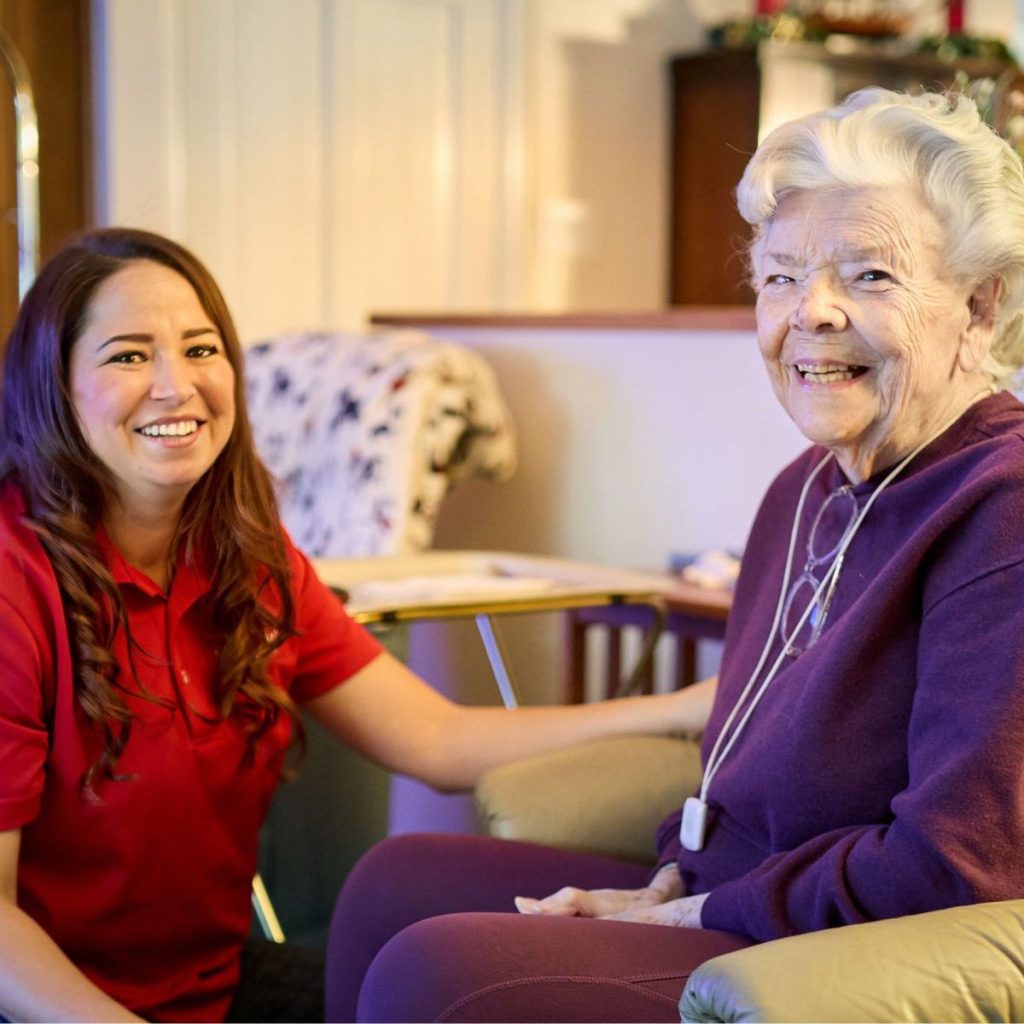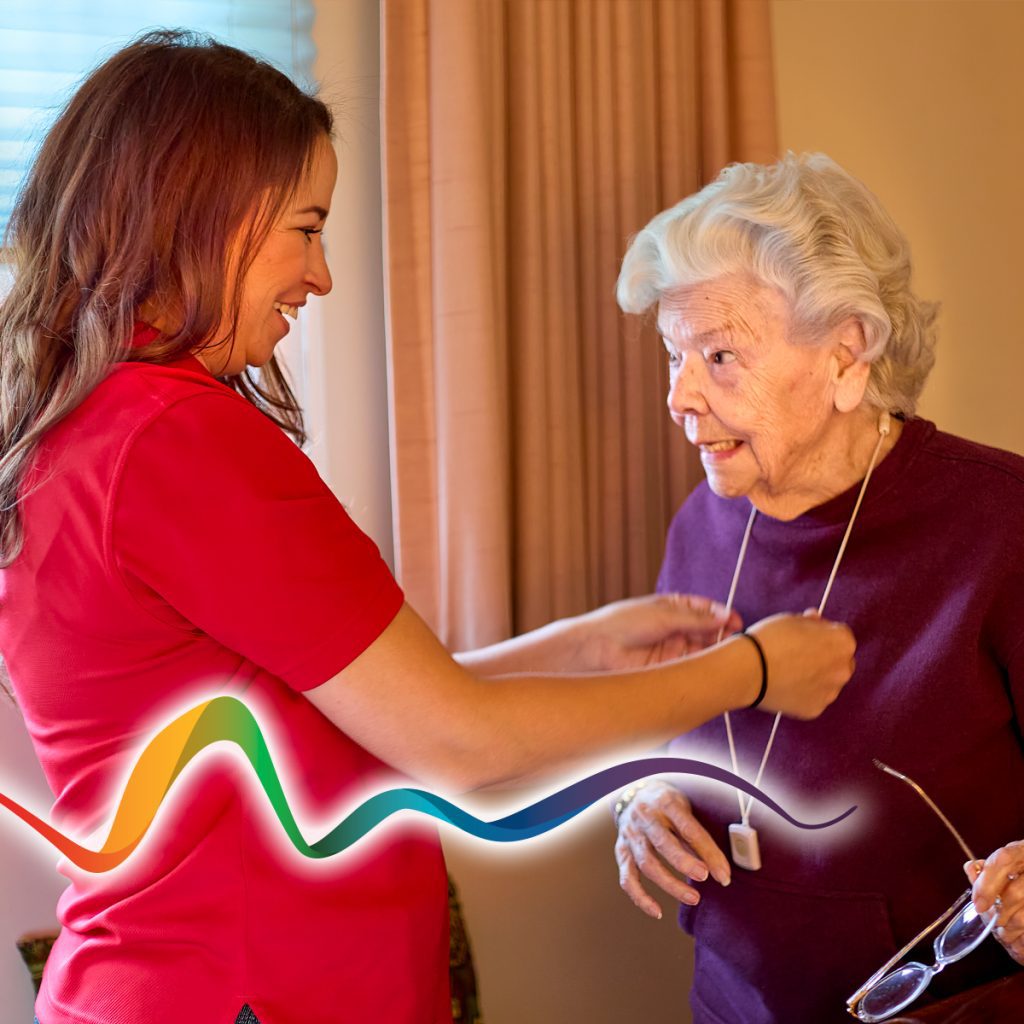How many medication bottles that need cleanup currently occupy space within your household’s drawers and cabinets? Most of us possess a couple of them and older adults, in particular, may have quite a few. With many older adults taking multiple prescriptions and physicians adding and changing dosages and medications to determine the ideal solutions, knowing where to safely dispose of unused medications is essential. Nevertheless, the majority remain unaware of the potential hazards linked with retaining these pharmaceuticals, not to mention the adverse effects associated with their incorrect disposal.
 Proper disposal of old medications is essential to prevent misuse, environmental contamination, and harm to self or others. Below are some guidelines on medication cleanup that senior home care professionals should know.
Proper disposal of old medications is essential to prevent misuse, environmental contamination, and harm to self or others. Below are some guidelines on medication cleanup that senior home care professionals should know.
Ways to Ensure Medication Cleanup for Seniors in Home Care
It’s always a good idea to consult the pharmacist or healthcare provider for guidance on how to dispose of specific medications, especially if you’re unsure about the proper disposal method. The following are additional tips:
- Participate in National Prescription Drug Take Back Day—Many communities and pharmacies organize medication take-back events where you can safely dispose of old medications. These programs ensure that medicines are appropriately collected and disposed of by authorized personnel. Find out more about these annual events sponsored by the U.S. Department of Drug Enforcement Administration.
- Follow medication instructions—Before disposing of any medication, check the label, patient information leaflet, or prescription for any specific disposal instructions. Some medications may have unique recommendations.
- Contact pharmacies and retailers—Some pharmacies and retailers have medication disposal kiosks or mail-back programs where you can drop off unused or expired medications. These programs are usually safe and environmentally friendly.
- Put in the household trash—If no other disposal options are available, you can dispose of certain medications in the household trash. If a take-back program is unavailable, many medicines can be thrown into the household trash, except those on the FDA flush list (see below). This includes prescription and over-the-counter (OTC) drugs in the form of pills, liquids, drops, patches, and creams. Follow these steps:
- Remove the drug from the original container.
- Mix the medication with an undesirable substance such as used coffee grounds, soil, or kitty litter. This helps make the drug less appealing and prevents accidental consumption.
- Seal the mixture in a plastic bag or container to prevent leakage.
- Conceal or remove any personal information on the medication container before discarding it.
- Put the sealed container in the regular trash.
- Flush only if necessary—Some medications, especially opioids and certain controlled substances, have FDA-recommended flushing instructions to prevent accidental ingestion, particularly by children and pets. However, you should only do this when you have specific flushing instructions. Check the label or patient information leaflet that came with the medicine. You can also consult the U.S. Food and Drug Administration’s list of medicines that can be flushed when a take-back option is not readily available. Don’t flush unless the medication is on the list.
- Follow disposal guidelines for sharps and injectable medications—The local health department will have proper disposal guidelines for these types of drugs. Place sharps in puncture-resistant containers, such as sharps disposal containers, and then dispose of as directed.
- Dispose of controlled substances properly to prevent misuse—If you have unused or expired prescription opioids or other controlled substances, it’s important to dispose of them safely to prevent misuse. Many take-back programs specifically accept controlled substances.
Why It’s Important to Dispose of Expired or No Longer Needed Medications
 Disposing of expired or no longer needed medications is important for several reasons:
Disposing of expired or no longer needed medications is important for several reasons:
- Safety—Medications can lose effectiveness over time, and expired drugs may not work as intended. In some cases, they might even become harmful if their chemical composition changes. Using expired medications could lead to inadequate treatment of medical conditions or potential health risks.
- Accidental consumption—Keeping expired or unused medications around increases the risk of accidental ingestion, especially in households with children or pets. Children might mistake them for candy, and pets could accidentally consume them, leading to potential health hazards. Approximately 50,000 children under five years old visit emergency rooms annually due to potential poisoning resulting from accidental ingestion of medication not intended for them.
- Potential drug interactions—Having a collection of old medications could increase the likelihood of unintentional drug interactions. Many seniors take multiple medications, so there’s a chance that the old ones might interact with any new prescriptions they receive.
- Decluttering and organization—Disposing of expired or unneeded medications helps keep your living space organized and free of unnecessary clutter. This can contribute to a safer and more organized home environment.
- Preventing misuse and abuse—Leaving unused medications accessible can increase the risk of misuse or abuse, whether by yourself, family members, or visitors. This is particularly important for medications with a potential for abuse, such as opioids or sedatives.
For more information on safe medication cleanup, the U.S. Food and Drug Administration has more information.
Learn more about Rhythms Home Care’s Medication Management program





